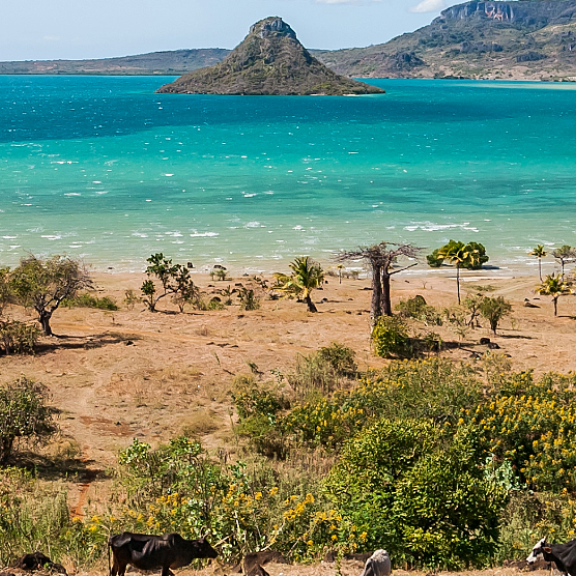
Emigrate to Madagascar
Emigrate to South Africa: Find out the most important information for your stay here
Madagascar, the fourth largest island in the world, is an excellent destination for emigration to Madagascar. The breathtaking nature, the warm people and the relaxed way of life create a unique living environment. For emigrants, there are numerous opportunities for personal development and exciting adventures. The impressive flora and fauna as well as the peaceful island life promise an enriching experience. Emigrating to Madagascar means taking the opportunity to experience the unforgettable beauty of the island and start a new chapter in your life.
Facts about Madagascar
Capital City
Antananarivo
Population
30.33 million
Surface Area
226657,797 mi² or 587.041 km²
Continent
Africa
Official Language
Malagasy, French
Currency
Ariary (MGA)
Emigrating to Madagascar: An overview of the political system
Madagascar, which became independent from France in 1960, is based on the French central government in terms of its state structure. With around 30 million inhabitants, the country offers a colorful society that is rich in culture and traditions. For people wishing to emigrate to Madagascar, there are numerous exciting prospects in a vibrant environment. However, the political situation is characterized by a history of instability and frequent political upheavals. Despite some progress, the complex political landscape also presents challenges. Expats emigrating to Madagascar should therefore inform themselves fully about the current political situation and prepare for possible changes.
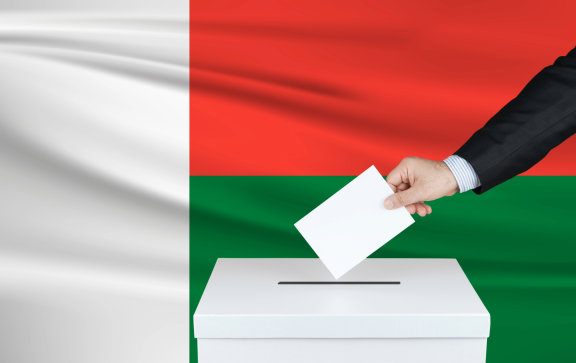
Climate in Madagascar: Important information for emigrants
Madagascar is famous for its diverse nature and unique animal and plant species, which are strongly influenced by the climate. This climate has regional differences that are of great importance for those wishing to emigrate to Madagascar. The island has a predominantly tropical climate with no typical seasons. The hot and rainy period lasts from November to April, while the cooler and drier months range from May to October. In addition, Madagascar offers four different climate zones, which can greatly influence life and activities on the island. For expats emigrating to Madagascar, it is important to take these climatic conditions into account.

Healthcare system in Madagascar: Important facts for emigrants
The healthcare system in Madagascar is severely underfunded and has considerable shortcomings, particularly in rural areas. This poses a significant challenge for people wishing to emigrate to Madagascar. It is therefore important to be fully informed about medical care and to take appropriate precautions. Thorough preparation, comprehensive travel health insurance and a cautious approach to health risks are essential to ensure a pleasant stay in Madagascar. Expats should be aware of these aspects to ensure the best possible healthcare.

Emigrating to Madagascar: An overview of the economic situation and quality of life
In Madagascar, the gross domestic product per capita amounted to 530.47 US dollars in 2023. The Gini coefficient of wealth describes the distribution of wealth. The indicator is an established, internationally comparable measure of wealth inequality. It is measured on a scale from zero to one. The higher the value, the greater the inequality. The Gini coefficient in South Africa is expected to be 0.43 in 2024 (source: Statista).
The quality of life in Madagascar is a complex concept that depends on individual expectations and needs. The unique nature and friendly people attract many, but there are also challenges that emigrants should consider. Those who overcome these challenges and appreciate the beauty of the country can lead a fulfilling life. In addition, Madagascar's economy offers both opportunities and challenges for emigrants. Flexibility and the willingness to adapt to the specific conditions open up interesting career prospects.
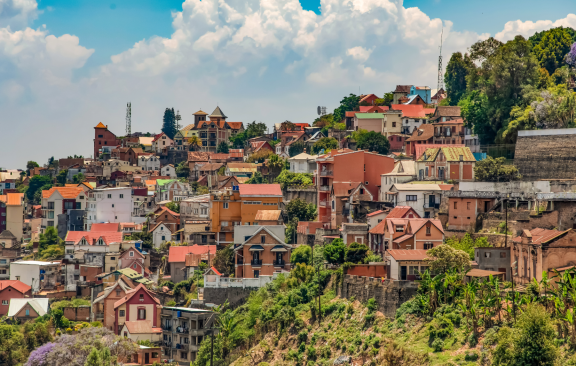
National holiday
Independence Day
Lemurs - Unique and only to be found in Madagascar
Madagascar is an impressive island in the Indian Ocean, famous for its extraordinary flora and fauna, especially the legendary lemurs. This unique primate family is exclusive to Madagascar and includes over 100 different species that live in a variety of habitats such as forests, savannahs and deserts. Lemurs are adaptable and social animals that live in groups of up to 30 individuals and feed on fruits, leaves, insects and small mammals.
For those wishing to emigrate to Madagascar, these animals play an essential role in the Malagasy ecosystem by contributing to seed dispersal and pollination of plants. They are also a major tourist attraction. Unfortunately, many lemur species are threatened with extinction, mainly due to habitat destruction, hunting and illegal trade. In particular, the Hira or Maki is one of the best known species, notable for its black and white striped tail and its preference for tamarind leaves.
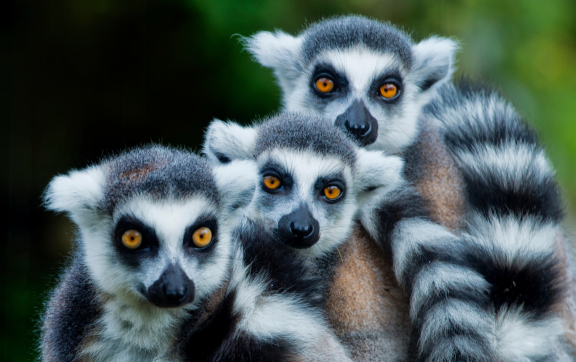
Emigrate to Madagascar - Entry Requirements
Entry is possible for German nationals with the following documents:
- Passport: Yes
- Temporary passport: Yes
- Identity card: No
- Temporary identity card: No
- Children's passport: Yes
Notes:
Travel documents must be valid for at least six months at the time of entry.
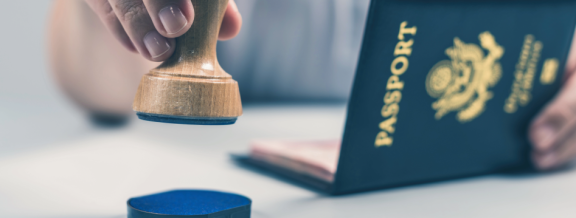
FAQs for emigrating to Madagascar
Where can I find relevant information about my country of entry and the entry regulations that apply there?
We have compiled destination country information as well as entry requirements and customs information for many countries in the Relocation Service section of our website and are constantly expanding this section.
Can I use my own container that I already own for the move with DACHSER & KOLB?
For every removal, which we at DACHSER & KOLB always offer as a door-to-door (full service) removal, a container is rented for the duration of the removal. We therefore do not offer the option of using your own container.
Who is responsible for my move abroad and the services I need there?
As a FIDI member, we work abroad with selected, long-standing partners who work in accordance with our service standards.
Are my removal goods insured in the event of damage?
For every overseas move, we naturally cover transportation insurance at current value for the used household goods and personal belongings
What types of transportation do you offer for overseas relocation?
It is generally possible to carry out overseas removals via air freight or sea freight. In the case of sea freight, it is possible to ship the removal goods as additional cargo (“LCL shipment” with Liftvan) or with a container (FCL shipment in 20 feet, 40 feet or 40 feet high cube). We will be happy to discuss which option is best for you in a personal consultation.
When and how must the move be paid for and what is the payment deadline?
You will receive an invoice a few weeks after placing the order and pay the full amount directly in advance.
Do I have to pay taxes and customs duties on my removal goods?
Removal goods can be imported tax and duty-free into most countries if you have a valid residence permit. We will be happy to check the options for importing the removal goods for your desired destination country in a personal consultation.
Are you interested in moving to Madagascar or another destination country?
Then do not hesitate and contact us today.
Alexander Brugger
Teamlead Customer Service & Sales - AIR&SEA



